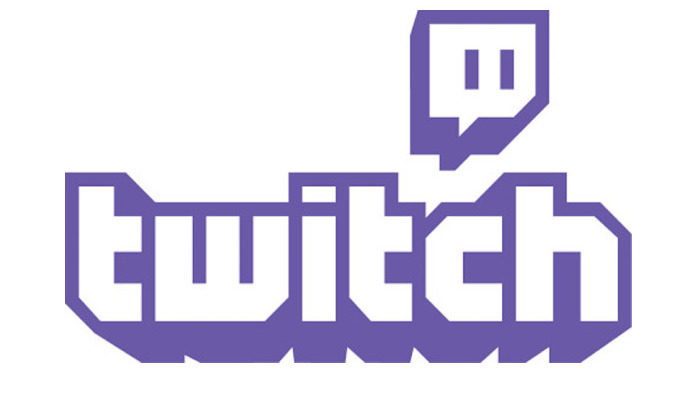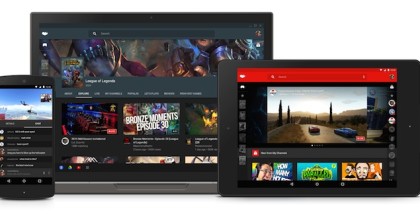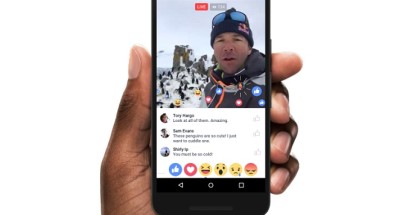IRL: Twitch opens up video platform to vloggers
David Farnor | On 16, Dec 2016
Twitch is expanding from video games to vlogs, as it launches IRL, a new space for its users to upload videos about anything they want.
The social video platform, which was founded back in 2011, has grown to become a behemoth in the video game world, with Let’s Play videos and other gameplay footage streaming to millions of viewers every month, usually live. The potential didn’t go unnoticed, with Amazon acquiring the site for almost $1 billion in 2014.
Since then, the site has begun to expand its remit with the introduction of some non-game-related content, such as Twitch Creative, designed to showcase artists and their work. Earlier this year, Amazon also debuted its original TV pilots on the site too.
Now, it’s gone all the way and launched IRL, a new category designed to “enable and encourage Twitch’s creators to step outside of their traditional gameplay content” by sharing content from their everyday lives. This category was “inspired by creator feedback regarding the ability to interact with their viewers in more vlog-inspired personal ways”, says the site.
“We’re amazed by our creators who build thriving communities and create compelling content for millions of viewers,” comments Emmett Shear, CEO of Twitch. “While gaming is their core identity, what we’ve heard repeatedly from them is that they are interested in sharing their everyday lives, thoughts, and opinions with their communities. IRL is designed to help our creators foster that kind of community interaction.”
Among the types of content users can livestream or video upload on IRL are updates and discussions about one’s life and channel, as well as personal highlights from events and trips, such as TwitchCon and places abroad. To accompany this new content category, Twitch has revamped its community guidelines to specifically allow the broadcasting of non-gaming content.
Because IRL broadcasting lends itself to on-the-go experiences, Twitch will also bring live-streaming to the Twitch mobile app in 2017, a move that takes the streaming platform into direct competition with YouTube, Facebook Live and Twitter’s own live-streaming features, which are now integrated into its mobile app.
Twitch, though, insists that the broadening of its content does not mean that it is losing its USP. Talking to Techcrunch, Twitch dismissed the idea that it was trying to be Justin.tv.
“Justin.tv was a platform created to stream random content, while Twitch has always been hyper-focused on the community and their wants,” a spokesperson commented. “The infrastructure, features and monetisation approach of Twitch are also light years ahead of JTV including the ability for streamers on Twitch to monetise their channels with the introduction of the Partnership program.”




















